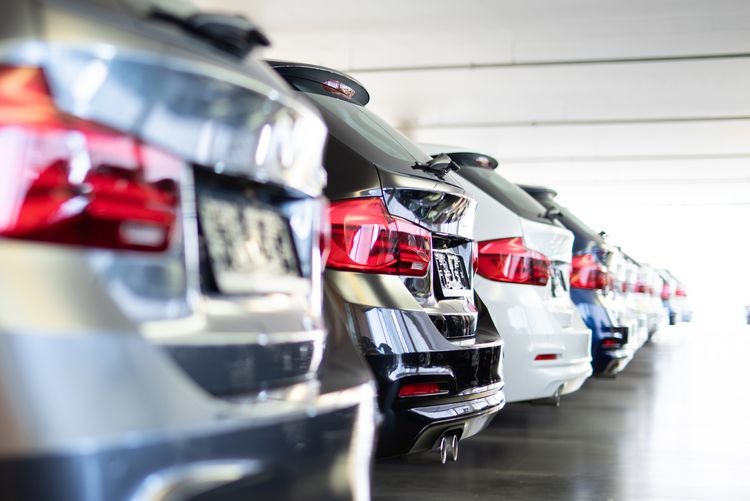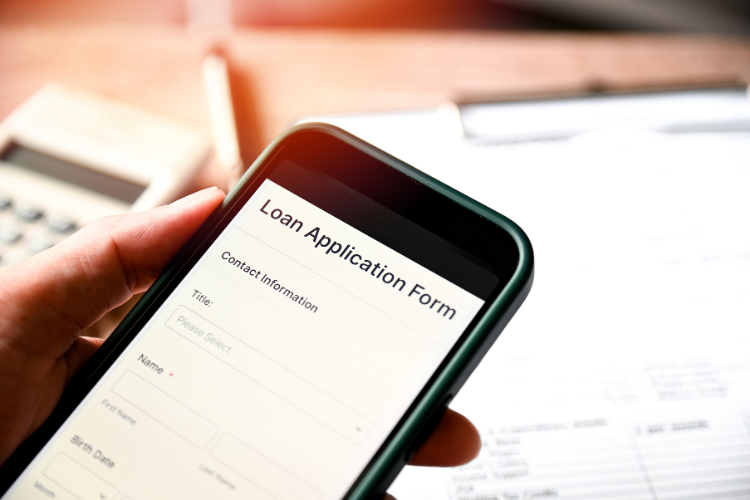Great Ways To Save Money When Getting A Car
You love hitting the open road, feeling the freedom of zipping around town or out on the highway. But in order to do that, at some point you’ll need to hit a car dealership…or two…or three. And suddenly, all that shopping around has put the brakes on that getting-another-car excitement.
But with just these few easy buying tips, you can make an easy shift from feeling overwhelmed to being overjoyed.

Forget About Dealership Financing
Dealership financing sure sounds appealing. Who wouldn’t like the idea of “no credit checks” or “instant approval”? But the phrase “buyer beware” isn’t just a cliché; in this case, it’s a truism. Too-good-to-be-true offers usually come with strings attached such as requiring a significant down payment or financing with a sky-high interest rate.
Your best bet is to seek out a loan at a lower interest rate somewhere else. Check out loan offers at your local bank or credit union. Before you seek financing, make sure that your credit score is in good standing so that you’ll be able to secure the best available finance rate.

That New Car Smell Eventually Disappears
Sure, we all love the new car smell that signals a new vehicle, a new adventure, and a new opportunity to ride along life’s highway with a fresh perspective. But newness can never stay, well, new. The shine on that just-bought car dulls, the surface gets scratched, and the windshield starts to display its share of pits from minute, but powerful, highway projectiles. Truth is, most cars lose as much as a quarter of their value within weeks of being driven off the lot and into your garage.
Consider buying a pre-owned car, albeit one that’s in good shape. Even a one-year-old car with only 10,000 miles (that’s almost new!) can save you a boatload of cash. These days, reputable car dealers put their pre-owned cars through rigorous inspections and tests, and many of the cars are still covered under the manufacturer’s warranty.

Trading In Is Out
If you’re hoping to get the best deal when you’re purchasing a car, you might want to think twice about trading in your old car at the dealership. It comes down to simple math: The dealer’s goal is to make money, which means they need to purchase your car at a significant discount that then allows them enough wiggle room to mark up the price and make a profit when they resell it.
Sell your car on your own and you’ll stand a better chance of getting the best price. Websites like Craigslist and AutoTrader can help make selling your car quick, easy, and profitable.

Look Closely At Leasing
Leasing a car can seem enticing – at first. You can snag a new car, get a lower monthly payment than you would with a car loan, and in just a few years you can plan on trading up for a newer model. But before you sign on the leasing dotted line, consider the following.
First and foremost, you won’t own the car, which means you can’t customize it in any way or sell it when you’re ready for something new. You’ll also be limited in terms of mileage: Many leases include a cap of 12,000 to 15,000 miles annually. Exceed the mileage limit, and you’ll be charged extra when you turn in the car at the end of the lease. It’s also important to note that should you find yourself in a financial jam and unable to make your car payments, breaking your lease will result in a big hit to your credit score.

Say So Long To Long-Term Loans
Yes, longer-term loans come with lower monthly payments, but the truth is they also cost more when it comes to interest. It’s tempting to look only at the fact that your individual payments will be less than those of a short-term loan, but ultimately you’ll pay hundreds – even thousands – of dollars more than you would with a loan that’s paid off quicker.
In general, it’s best to avoid loans with terms that stretch beyond 60 months. You also should consider securing a loan with a term that’s equal to or shorter than the car’s warranty terms. Should your car develop any problems after the warranty has expired, you won’t be financially stretched trying to pay for car repairs and your regular monthly car payment all at the same time.
